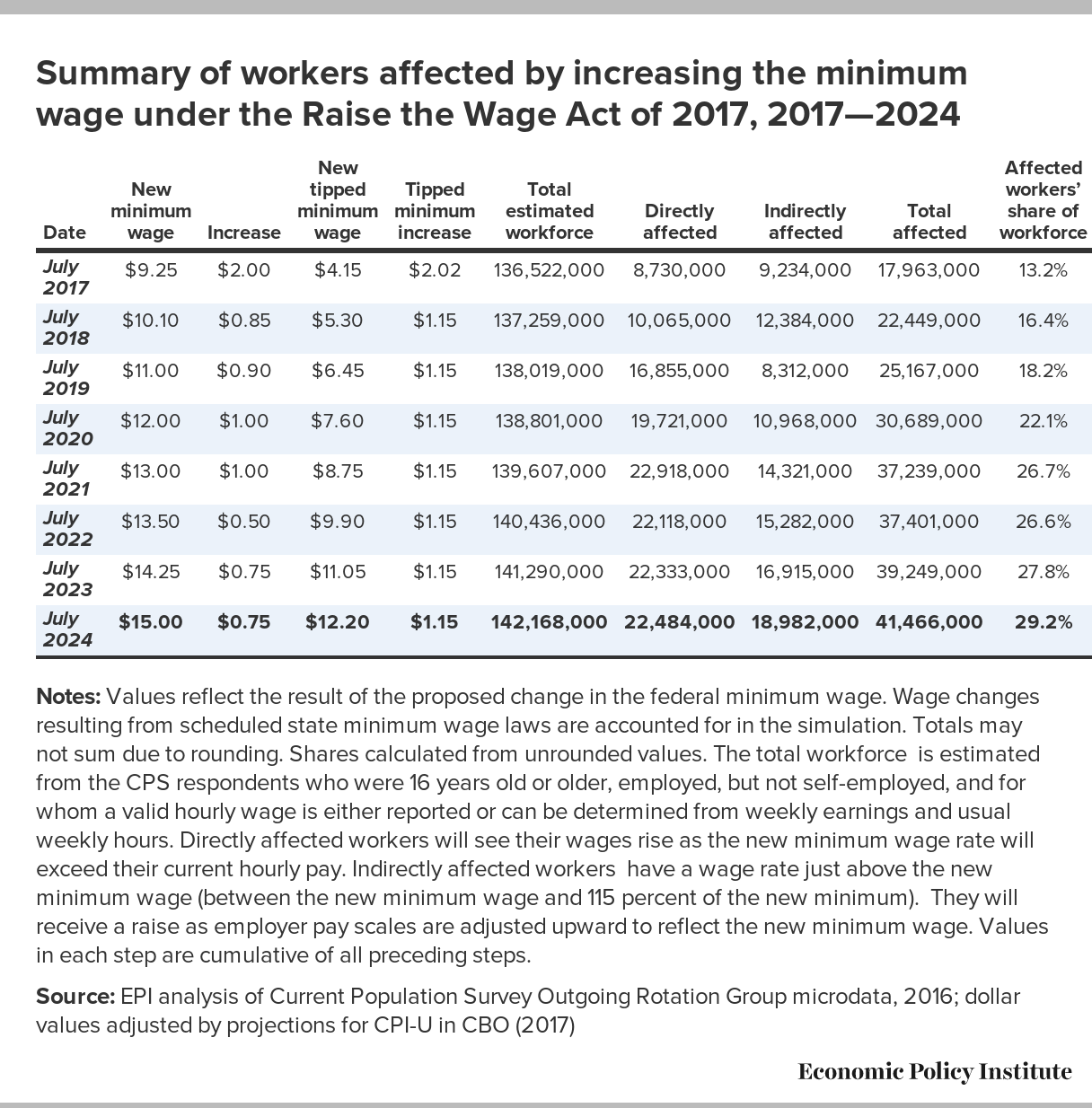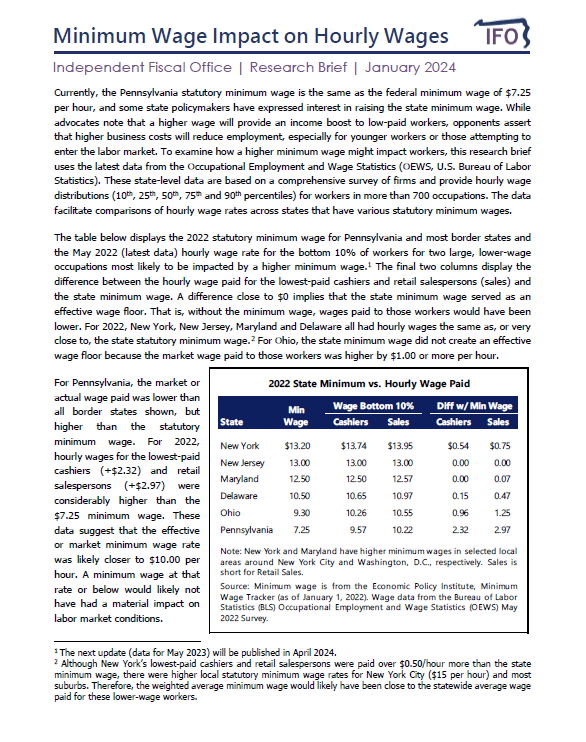As the employment landscape continues to evolve, the Fair Labor Standards Act (FLSA) is set to undergo a significant change. Effective July 1, 2024, the FLSA minimum salary update will take effect, impacting employers and employees across the United States. In this article, we will delve into the details of the update, its implications, and what it means for businesses and workers alike.
What is the FLSA Minimum Salary Update?
The FLSA minimum salary update is a revision to the existing overtime regulations, which dictate the minimum salary threshold for exempt employees. Currently, the minimum salary threshold is set at $35,568 per year, or $684 per week. However, as of July 1, 2024, this threshold will increase to $82,360 per year, or $1,585 per week. This change aims to ensure that employees who earn below this threshold are entitled to overtime pay for work exceeding 40 hours per week.
Who Will Be Affected by the Update?
The FLSA minimum salary update will have far-reaching implications for both employers and employees. Employers will need to review their current compensation structures and make necessary adjustments to ensure compliance with the new regulations. This may involve reclassifying employees, adjusting salaries, or implementing new overtime policies.
Employees who currently earn below the new threshold may be entitled to overtime pay, which could result in increased earnings. However, some employees may also face reclassification from exempt to non-exempt status, which could impact their benefits and job security.
Key Implications of the Update
The FLSA minimum salary update will have several key implications for employers and employees:
Increased Labor Costs: Employers may face increased labor costs due to the requirement to pay overtime to employees who earn below the new threshold.
Reclassification of Employees: Employers may need to reclassify employees from exempt to non-exempt status, which could impact benefits and job security.
Changes to Compensation Structures: Employers may need to adjust their compensation structures to ensure compliance with the new regulations.
Increased Employee Earnings: Employees who earn below the new threshold may be entitled to overtime pay, resulting in increased earnings.
Preparing for the Update
To prepare for the FLSA minimum salary update, employers should take the following steps:
Review Current Compensation Structures: Employers should review their current compensation structures to identify employees who may be impacted by the update.
Adjust Salaries and Benefits: Employers may need to adjust salaries and benefits to ensure compliance with the new regulations.
Implement New Overtime Policies: Employers may need to implement new overtime policies to ensure compliance with the update.
Communicate with Employees: Employers should communicate with employees about the update and its implications for their compensation and benefits.
In conclusion, the FLSA minimum salary update effective July 1, 2024, will have significant implications for employers and employees across the United States. Employers must take proactive steps to prepare for the update, including reviewing compensation structures, adjusting salaries and benefits, and implementing new overtime policies. By understanding the implications of the update and taking necessary steps to prepare, employers can ensure compliance with the new regulations and minimize potential disruptions to their business operations.









